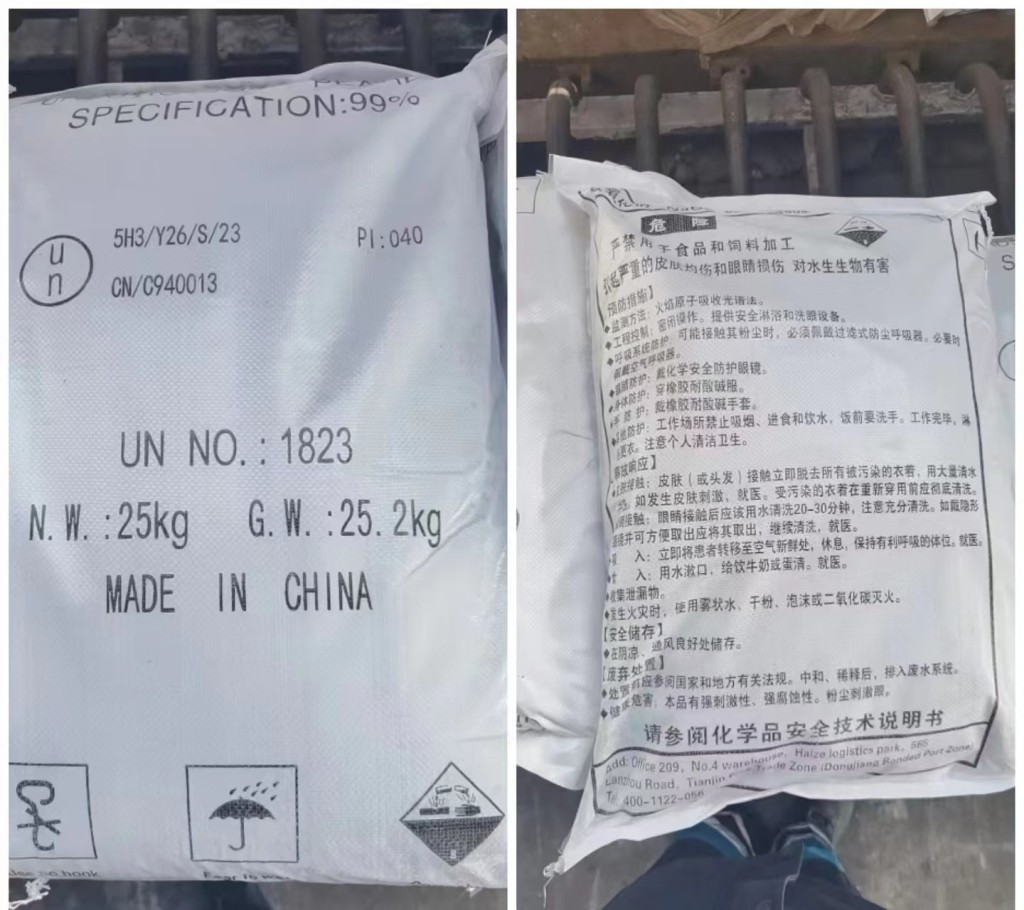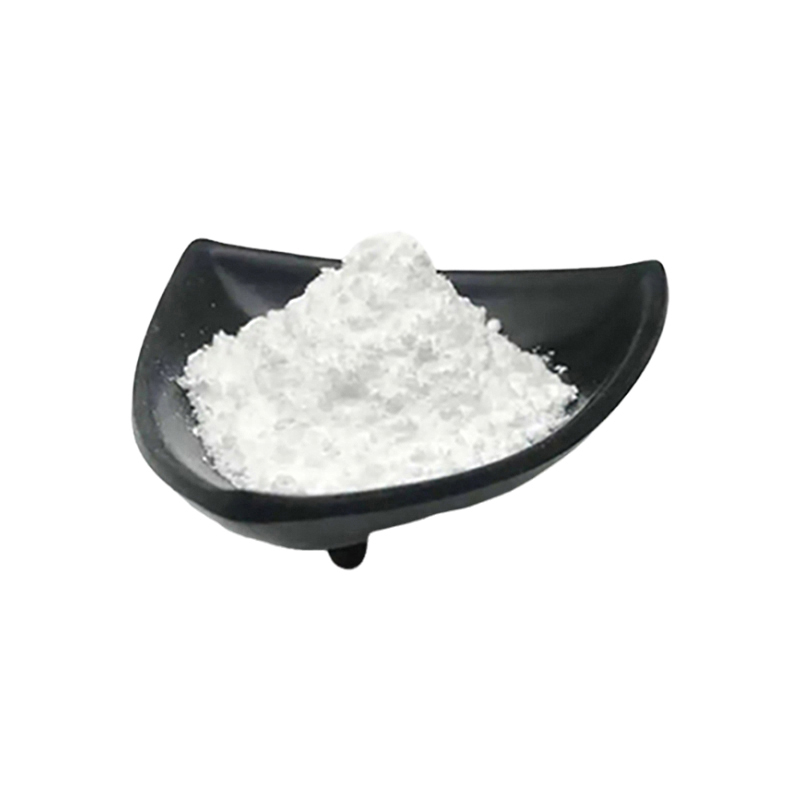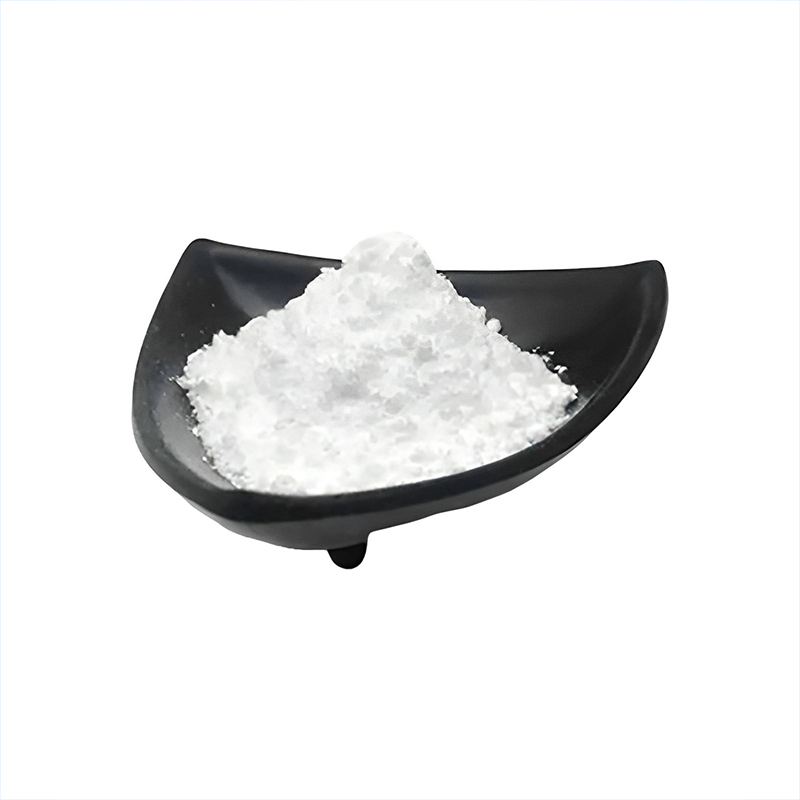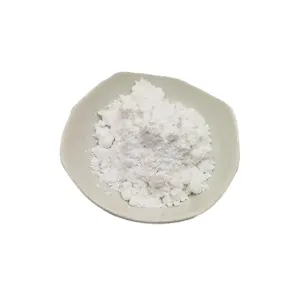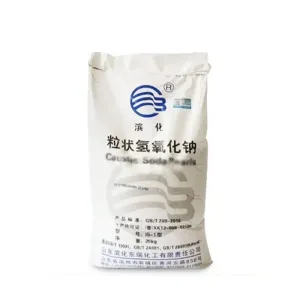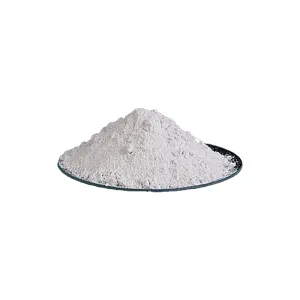PetroChem Summit 2024: Breaking barriers to value addition in Indian petrochemicals
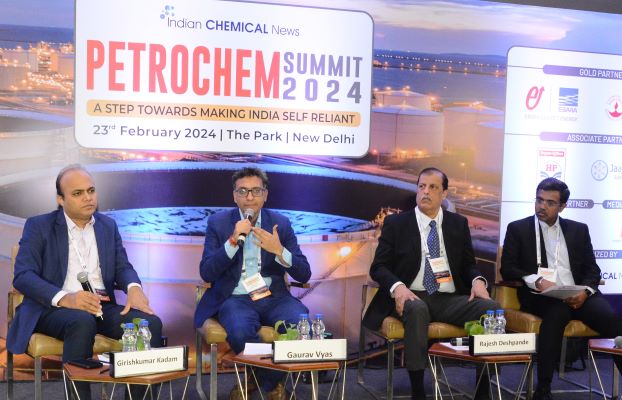
One of the foremost challenges plaguing the Indian petrochemicals landscape is the overreliance on traditional feedstock and processes. Despite the abundance of raw materials, the industry has been slow to embrace alternative sources and innovative technologies that could enhance efficiency and reduce costs. This inertia inhibits the sector’s ability to diversify its product portfolio and capitalize on emerging market trends.
The leading experts discussed the latest scenario at the fourth session, ‘Challenges in Value Addition and Diversification in Indian Petrochemicals Industry’ of PetroChem Summit 2024 organized by the Indian Chemical News in New Delhi on February 23, 2024 in New Delhi.
The session was moderated by Girishkumar Kadam, Senior Vice President & Group Head – Corporate Ratings, ICRA Limited
In his opening remarks, Kadam said, “India being a developing country, the demand prospects for petrochemical products are strong and also given the fact that per capita demand for such products is one third of global average. This speaks a lot in terms of demand potential. Major companies in the oil and gas industry have taken substantial Capex initiatives, diversifying into value added petrochemical areas. In the last one year, the EBITDA margin performance of many chemicals and petrochemicals companies have come under pressure because of demand pressures, European market dynamics and supply chain getting hampered due to China slowdown, impacting several products. This situation has been witnessed in the last few quarters.”
“In terms of global supply coming up, we don’t see any incremental gain in demand by 2025 that could help better the margins. There will be increased competition from advantage feedstock entities. China has become dominant in many chemicals and it will continue. China has 45% of the global chemical share and it will become about 62% by 2035. There will be pressures in the margins and therefore, in the longer run, there will be increased focus on recycling, sustainability and adoption of new technologies. In the future, we will see China turning into over growth regime. We are going to see increased exports from the China while world will be grappling with the poor demand,” said Gaurav Vyas, Lead – Strategy, Director’s Office, Reliance Industries Limited.
“We will have a sustained demand in the Indian market. It will grow by 11-12% in years to come. There is a 25% increase in demand in polymers, 12% in polyester and 5% in crude oil. India as such has a growth story in terms of petrochemical demand but we have sustained pressure on margins. Hence, we will see a regime where there will be volume growth but lower profitability. Thirdly, India needs to build PVC capacity in spite of whatever happens in other markets. There are challenges but we need to overcome these,” Gaurav added.
“India is a promising story in terms of demand. Global players are looking at India as a place of investment. At the same time Indian players have a better chance of succeeding in the domestic market as a lot of MNCs are sitting on edge. When I see the challenges in the value added segment, maybe in the past we have not invested so much in R&D. Now that comes to hurt because sometimes when you are running a plant and milking for more, you regret that you didn’t invest in the right thing at the right time. Then you have to start from scratch. The technologies are not available as somebody is protecting them as there is a value to it. We realized it some time back and started investing in the niche products for the downstream industry. We are focusing on steel, solar and semiconductor industries in terms of value addition,” said Shanmugananth M., President – Industrial Chemicals, DFPCL.
“When it comes to diversification, one of the challenges is our own entrepreneurship mindset where we want to do it all by ourselves. The element of collaboration is not enough and can be much more. Regulations might have a role to play in this as there is a restriction on the number of companies you could have on the site. More and better collaborations can help the companies to diversify in a faster way,” added Shanmugananth.
“China is building huge capacities in chemicals. One example is Ethylene that constitutes about 75% of the basic chemicals that are manufactured across the globe. It has added close to 140 million tonnes, creating a surplus. As a result, no company in India was ready to invest in setting up PVC manufacturing plants due to feedstock challenges. PVC is mostly dominated by imports and we are falling short of 2 million tonnes of capacity per annum. At the same time, it is good to see that the companies such as Reliance and Adani have announced projects that might come up by 2026. The real challenge is the availability of basic building blocks including ethylene,” said Rajesh Deshpande, Additional Vice President – Plastics Marketing, DCM Shriram Limited.
“We have been expanding fast in chlor-alkali but the real challenge is how to handle chlorine as it becomes a big threat for our entire complex. One of the solutions is to develop products that can absorb this chlorine. Globally PVC is used to absorb the chlorine but that option isn’t viable at the moment. Another option is to develop into specialty chemicals. For the same, we require technology but the challenge is that technology isn’t guarded and dependence on foreign suppliers for building the products is again an issue. While the government has been proactive in supporting the manufacturing during and post Covid, we need attention towards China dumping the products into the country without checks. If a domestic player is investing huge capital in manufacturing specialty chemicals, it needs protection and incentives from the government,” added Deshpande.
The PetroChem Summit 2024 themed, ‘A step towards making India self-reliant’, witnessed attendance by leading industry experts and stakeholders from the petrochemical chemical sector across India.
Gold partners of the summit were Ebara Elliott Energy, and Somaiya Vidyavihar University. Associate partners were Hindustan Petroleum and Jaaji Technologies.
Register Now to Attend NextGen Chemicals & Petrochemicals Summit 2024, 11-12 July 2024, Mumbai
Recommended Suppliers
 June 3, 2024
June 3, 2024  June 3, 2024
June 3, 2024  June 17, 2024
June 17, 2024  June 18, 2024
June 18, 2024  June 18, 2024
June 18, 2024 

